Factbox: Palestinians tortured in Israeli jails, Israeli captives treated with humanity
By Press TV Staff Writer
“I'm ashamed to talk about rejoicing when the whole of Palestine is wounded,” said Israa Jaabis, who was released from an Israeli prison after eight years under a four-day truce deal.
Jaabis, now 37, was sentenced to 11 years in prison in October 2015 after a gas cylinder in her car exploded while she was heading home in the occupied Jerusalem Al-Quds.
She suffered third-degree burns in the accident and was held by the Israeli regime on bogus charges. On Saturday, she was one of the 39 Palestinians freed by the occupying regime.
While in custody, the young Palestinian woman suffered unspeakable torture and agony, the scars of which were apparent on her face as she embraced her family members on Saturday.
Jaabis is not the only Palestinian to face third-degree torture in dark Israeli dungeons.
Earlier this month, amid the Gaza genocide, many shocking videos surfaced on social media that showed the Israeli regime soldiers abusing and torturing Palestinian prisoners held in Israeli jails.
Commission of Detainees' Affairs and the Palestinian Prisoner’s Society in a statement at the time said the Israeli soldiers tortured Palestinian inmates “in conditions that violate human dignity.”
The torture methods included “direct threats of shooting, severe beating, field investigations, threats of death and rape, the use of police dogs, and the use of citizens as human shields,” the group said.
“The (Israeli) occupation is openly committing these crimes amid support of international powers, without the slightest regard for the voices of free people in the world.”
Spike in detentions
Since October 7, when the Israeli regime launched its indiscriminate bombing campaign against the besieged Gaza Strip, more than 3,000 Palestinians have been arrested, according to advocacy groups.
Before October 7, there were already more than 6,000 Palestinians lodged in different Israeli jails.
The cruel and illegal practice of “administrative detention” – detention without charge or trial that can be renewed indefinitely – has also seen an alarming since October 7 in the occupied West Bank.
The Israeli authorities on October 31 extended the “state of emergency in prisons” that grants it uninhibited powers to deny prisoners access to visits by lawyers and family members, to hold them in overcrowded cells and to impose cruel draconian measures such as cutting off water and electricity.
The inhumane conditions and torture methods used against Palestinian prisoners have claimed the lives of many of them over the years. Only since October 7, at least five Palestinians have died in Israeli jails, according to the Palestinian Prisoners' Club and Addameer Prisoner Support Association.
The last one to die was 33-year-old Abdul Rahman Marei from the village of Qarawa Bani Zeid, who was tortured to death in Megiddo prison in the northern occupied territories.
At the time of his arrest, according to his family members, Marie had no health issues.
Brazen admission
Israeli regime’s far-right minister Ben-Gvir has time and again admitted that the occupying regime uses torture against Palestinian detainees.
“Eight handcuffed terrorists [put] in a dark cell, iron beds, toilets in a hole in the floor and the anthem of hope constantly played,” he said in a post on X, formerly Twitter, on November 14.
A prisoner who was freed from the Israeli regime-run Megiddo Prison narrated a harrowing tale to the rights group about his arbitrary arrest from Qabatiya village in the northern occupied West Bank as well as the horrendous torture methods used by the Israeli regime forces inside Israeli jails.
“When I arrived at Megiddo Prison, I thought I was in Abu Ghraib prison. If it were not for my faith, I would have lost my mind,” he said, referring to the notorious American prison in Iraq.
He said the Palestinian prisoners “are subjected to severe beatings often to their private parts, abuse and insults, and are denied medical treatment for their injuries.”
At the Negev prison in occupied territories, according to a statement on October 19 by the head of the Palestinian Prisoners and Ex-Prisoners Affairs Commission, broken limbs and severe beatings are among the practices used against inmates.
Custodial murder of Khader Adnan
The extreme torture methods were what claimed the life of Khader Adnan, a senior leader of the Palestinian resistance movement Islamic Jihad, in an Israeli prison in May this year.
Adnan, who had emerged as a powerful symbol of the Palestinian resistance to the Israeli regime’s policy of arbitrary detentions and custodial torture of resistance fighters, was “found unconscious” in his prison cell, according to his jailers, confirming the custodial murder.
He was denied any kind of medical care and attention and refused to eat for 87 days in custody this time, which eventually led to his tragic murder.
In June 2015, while he was on hunger strike at an Israeli jail, Adnan said “The more the Israelis torture me, the stronger and more determined I become”, as cited by his lawyer at the time, bearing testimony to his extraordinary courage.
On the other hand, Israeli captives held by the Palestinian Hamas resistance movement were treated with due respect and dignity, in line with humanitarian and Islamic values.
Humane treatment of Israelis
Last month, 85-year-old Israeli woman Yocheved Lifshitz made an interesting revelation about her captors, which shocked the regime authorities who were not expecting it.
“They told us they believe in the Quran and would not harm us, that they would give us the same conditions as they have in the tunnels,” Litshitz said of Hamas fighters.
A medic and a doctor came regularly to visit them and they were put on mattresses, she said.
“The treatment of us was good,” he admitted, adding that captors made sure the conditions were sanitary. “They cleaned the toilets, not us.”
“They were very friendly to us. They took care of all of our needs; this must be said to their credit. We ate what they did,” Litshitz said at a press conference after her release.
Sister of a Thai captive said she came to know that all captives were” treated well.|
Images released of Israeli captives in the custody of Hamas in recent weeks showed them hale and hearty, without any marks of force or torture used against them.
Images circulated online on Saturday showed the Israeli captives smiling and waving at their captors or a group of masked Hamas fighters escorting an Israeli captive to her vehicle in a show of humanity.
A former Israeli spy Jonathan Pollard was quoted as saying by the Israeli Walla website that families of Israelis held in Gaza should be thrown in jail if they interrupt the narrative Israel is trying to peddle.
Unlike the Israeli authorities who didn’t allow the freed Palestinian prisoners to speak to the public or celebrate their freedom, Israeli captives had no such restrictions imposed on them.
“They seem to be very comfortable with Hamas. Looks to me like they were well-treated. Anyone with eyes can see the treatment of Palestinians by Israelis is incredibly different,” wrote one X user.
Despite Leader's martyrdom, Islamic Republic firmly in control and punishing the enemy
At least 31 killed in Israeli aggression on southern Lebanon after Hezbollah strikes
Iran writes to UN, warns about dire consequences for perpetrators following Leader's martyrdom
Hezbollah strikes occupied Haifa in retaliation for Leader's assassination
Ansarullah mourns Leader's martyrdom as 'great loss' caused by 'most wretched terrorists'
Hezbollah offers condolences to Iranian nation over Leader’s martyrdom
US-Israeli strike targets IRIB facility; broadcasts continue
IRGC: Latest waves of Op. True Promise 4 led to tanker strikes, base shutdowns, heavy casualties


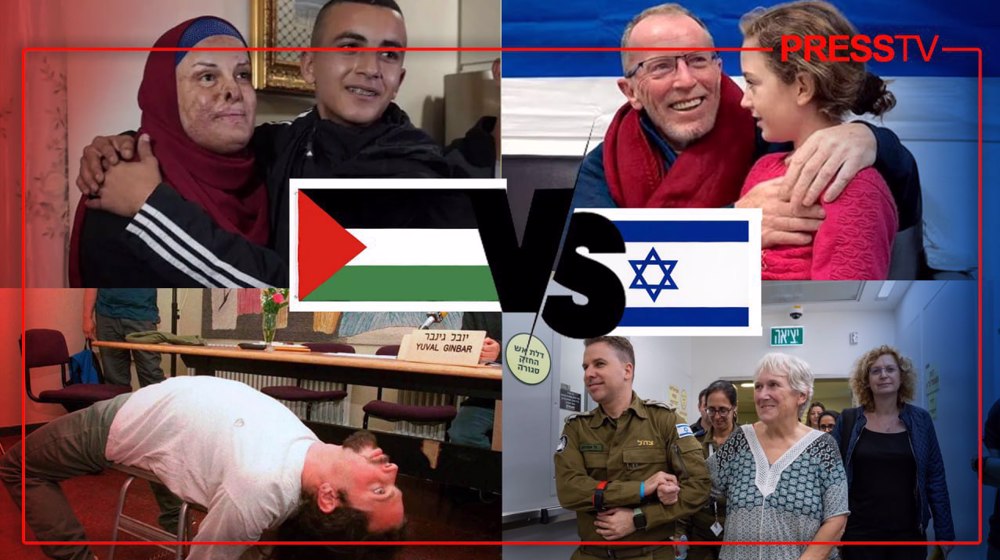
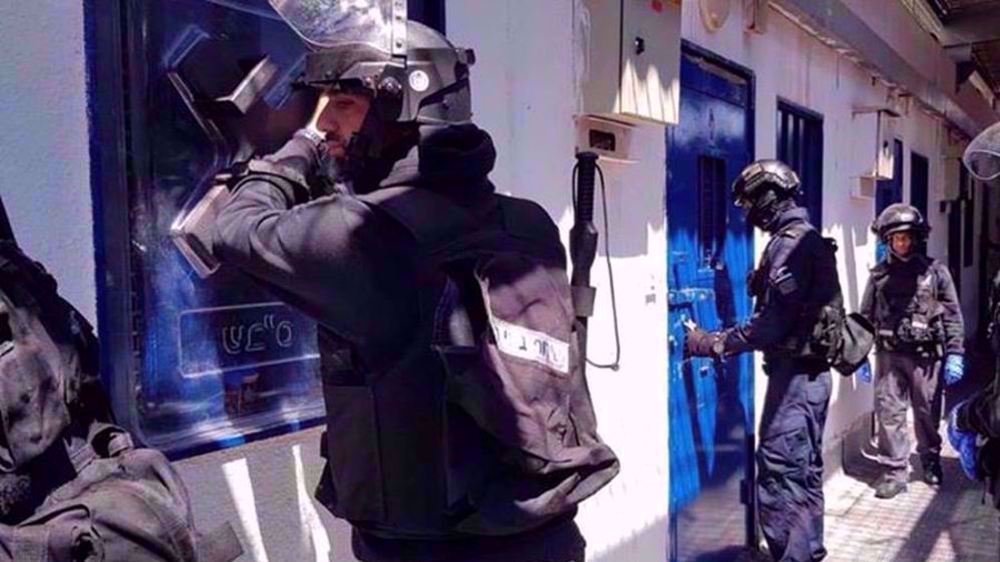
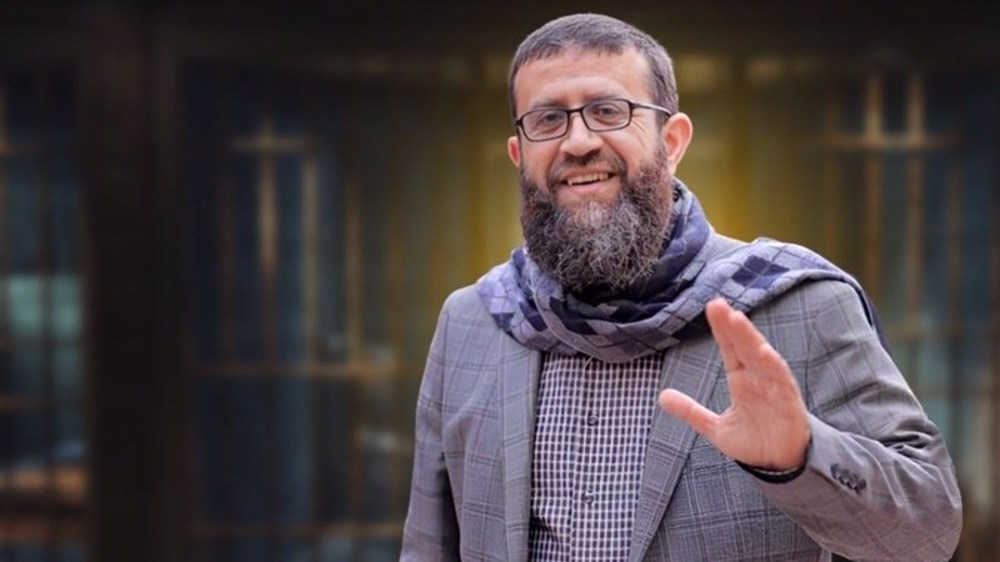
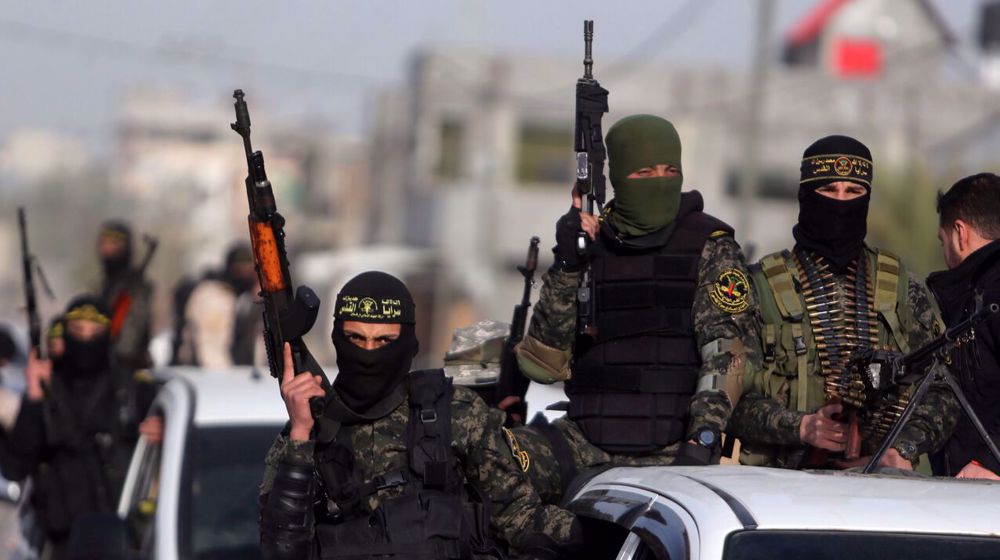
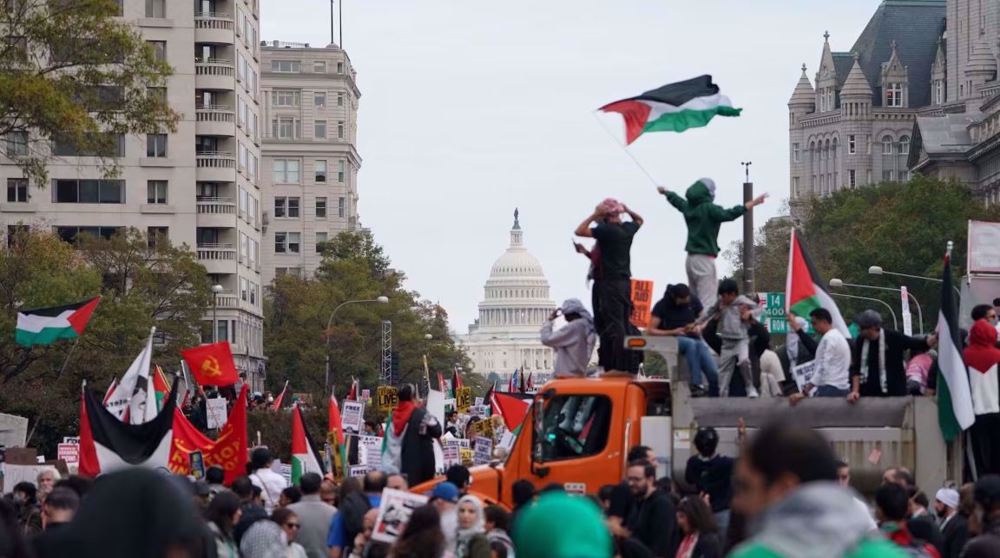
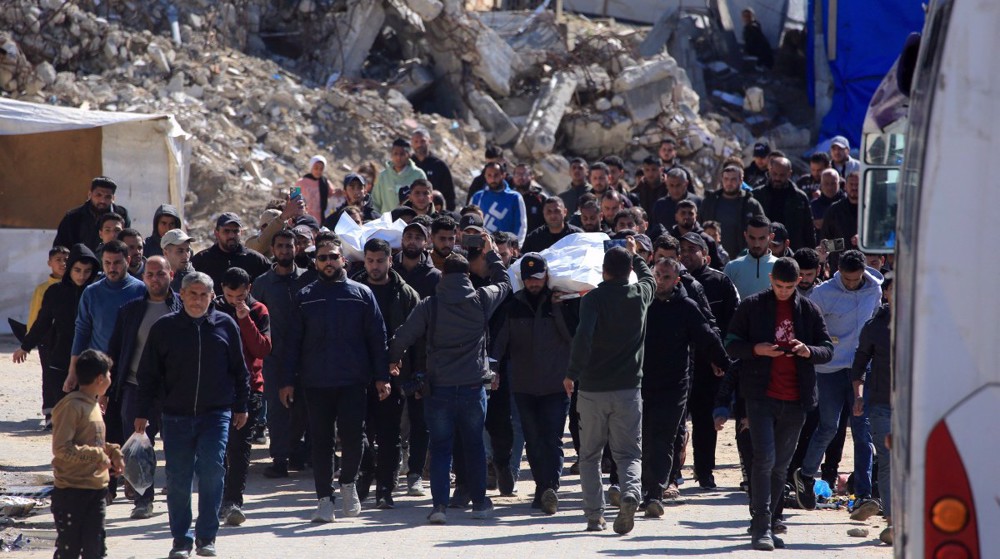



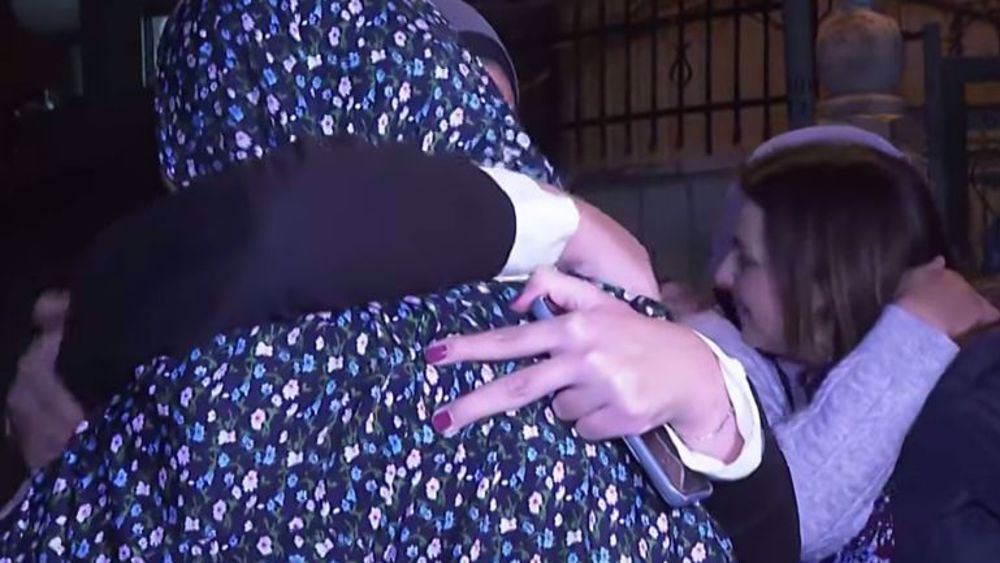
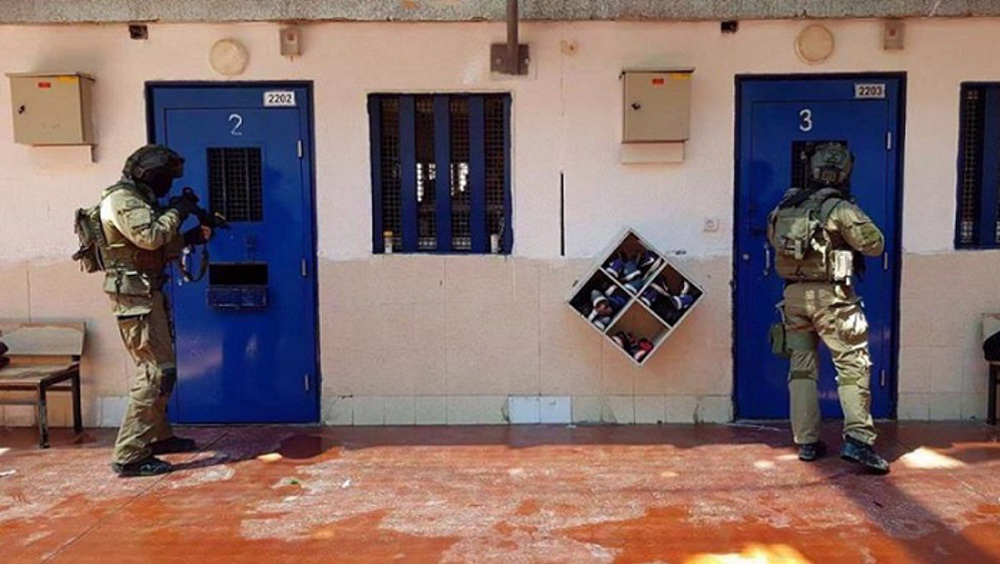
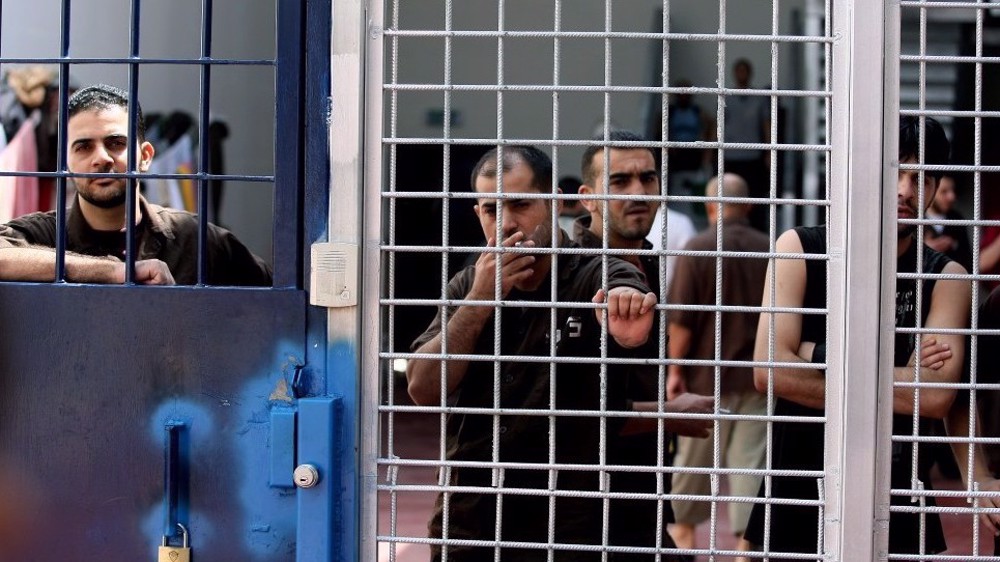
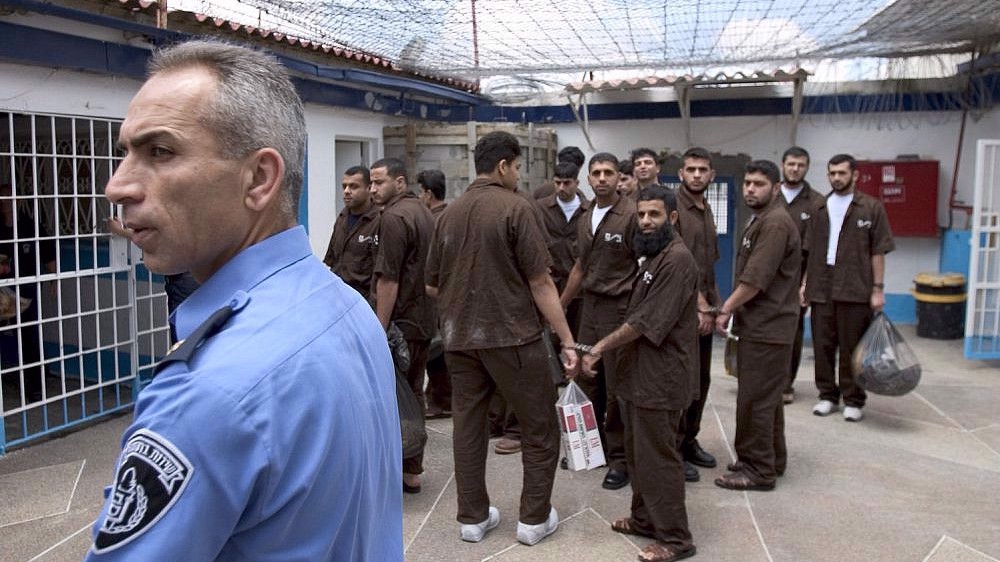
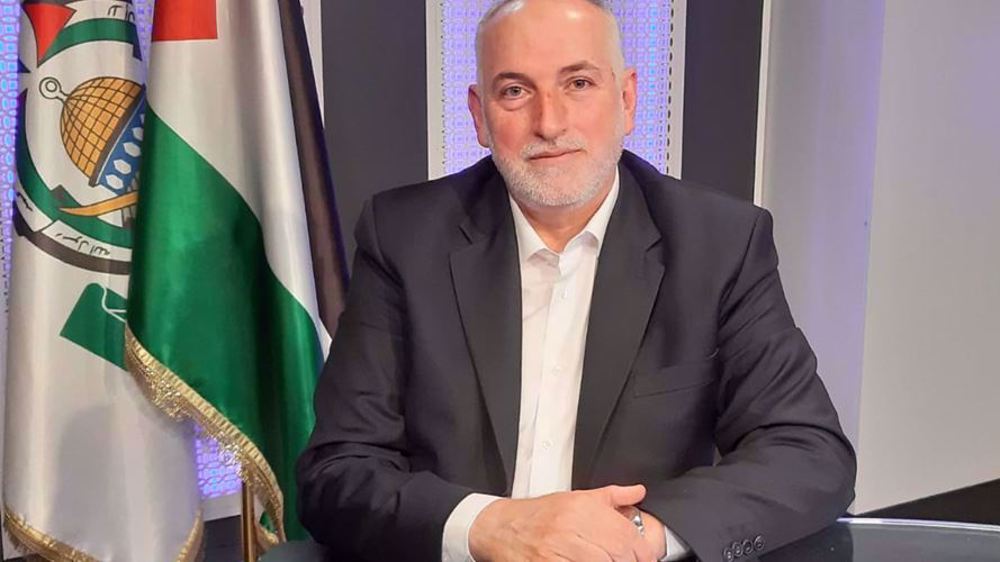

 This makes it easy to access the Press TV website
This makes it easy to access the Press TV website